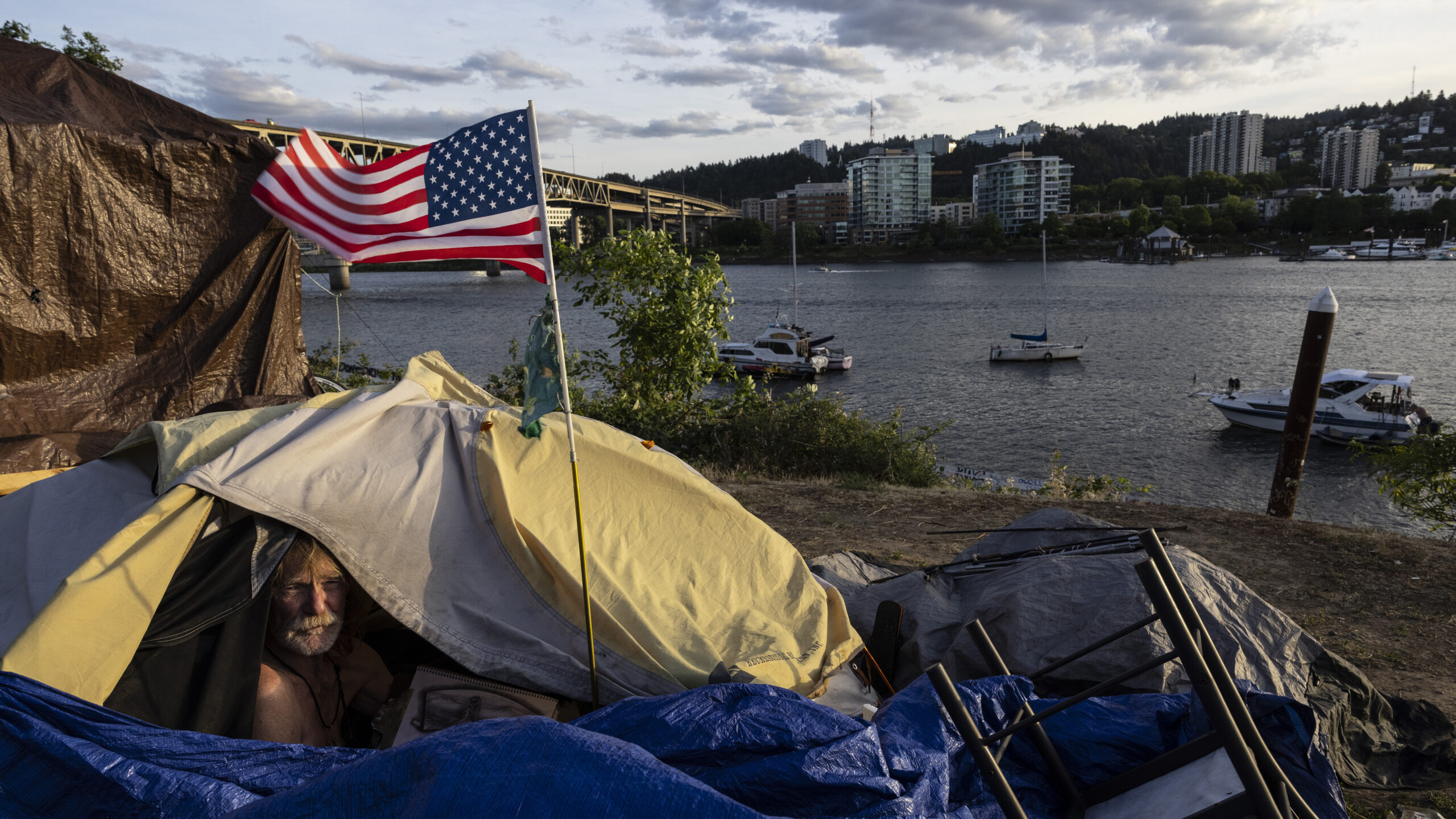In April, the U.S. Supreme Court will hear a major case that could reshape how cities manage homelessness. The legal issue is whether they can fine or arrest people for sleeping outside if there’s no shelter available. The 9th U.S. Circuit Court of Appeals has deemed this cruel and unusual punishment, and this case is a pivotal challenge to that ruling.
The high court declined to take up a similar case in 2019. But since then, homelessness rates have climbed relentlessly. Street encampments have grown larger and have expanded to new places, igniting intense backlash from residents and businesses. Homelessness and the lack of affordable housing that’s helping to drive it have become key issues for many voters.
The case, Grants Pass v. Johnson, could have dramatic implications for the record number of people living in tents and cars across the United States.



Removed by mod
And now you’re just speaking out of ignorance. Drugs can be extremely cheap.
Fentanyl in Washington can be as cheap as 50 cents a pill.
A bag of heroin can be $15-$20.
Again, these people often have jobs. So they can absolutely afford that. Others get disability, but far less than what they pay for rent with.
They have enough for drugs. What they don’t have enough for is homes or medical care.
Picture this scenario: You’re living in a tent. You have a minimum wage job. You suffer from chronic pain. You can’t afford a doctor or prescription pills, but you can get relief from that pain for 50 cents. Are you really saying you’d just live with the agony?